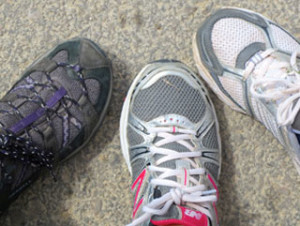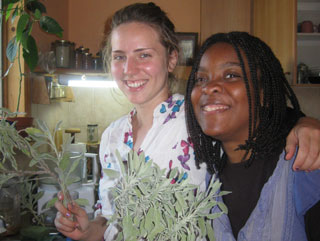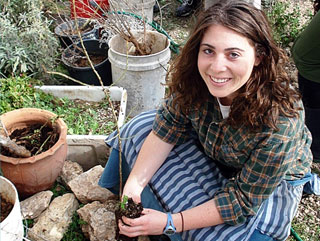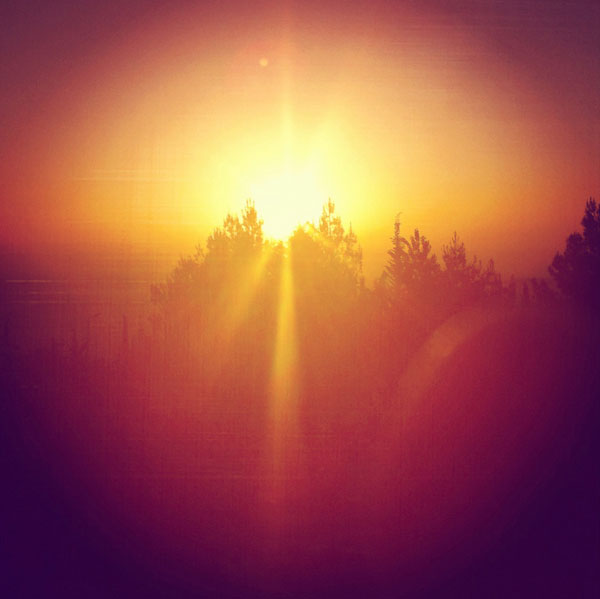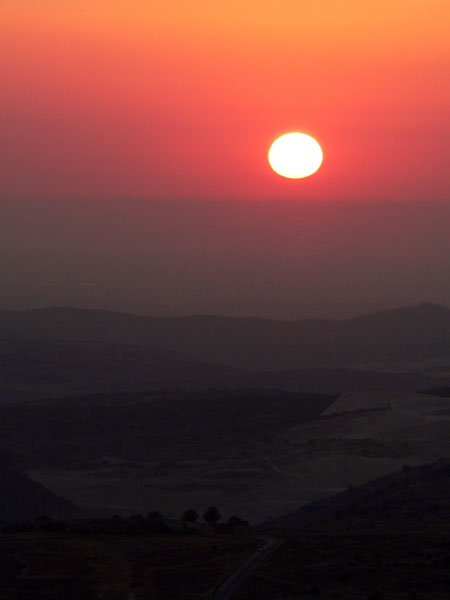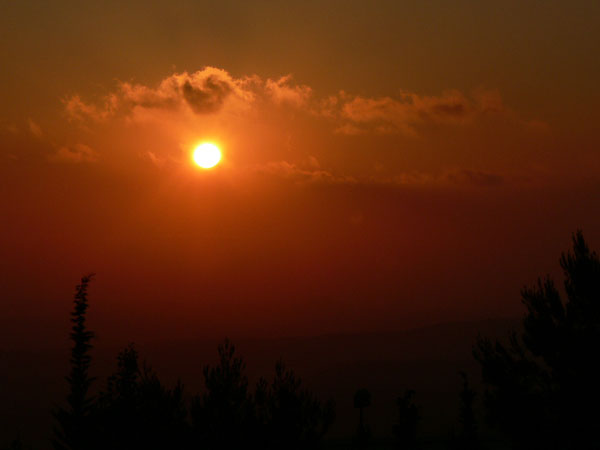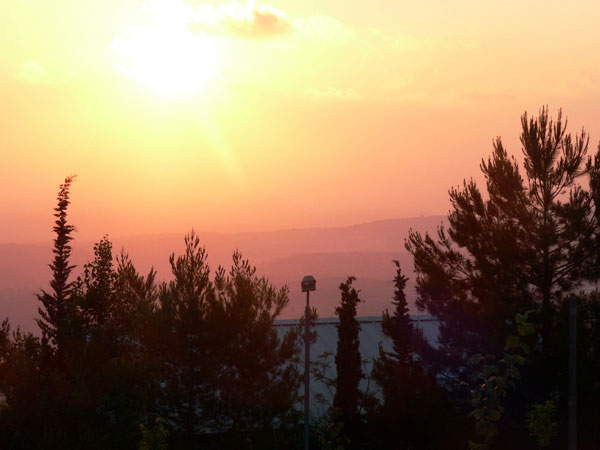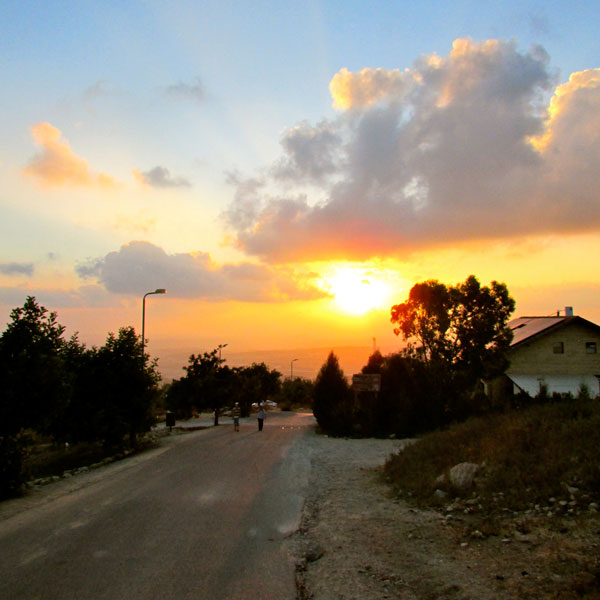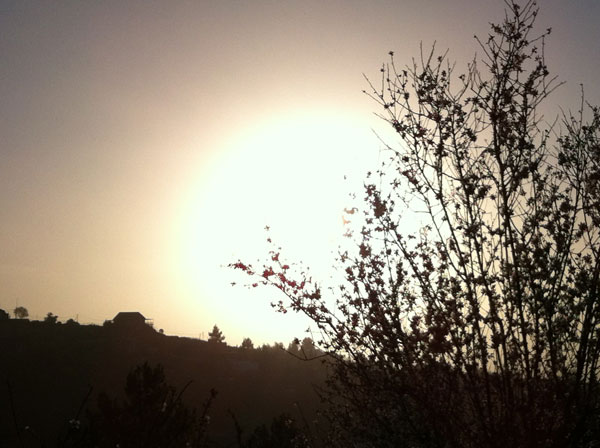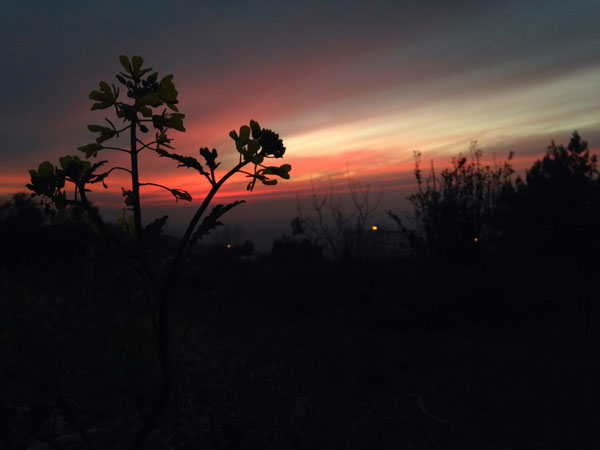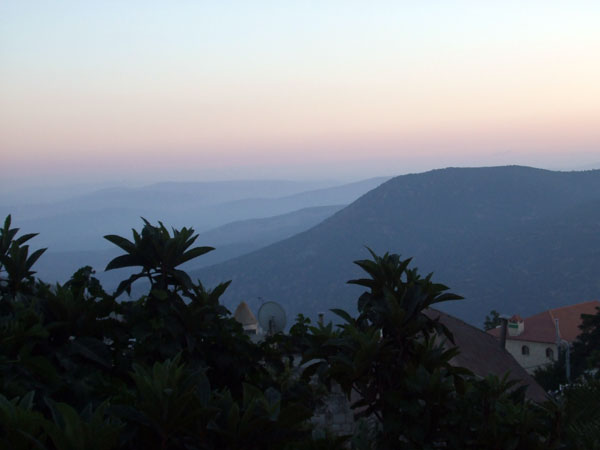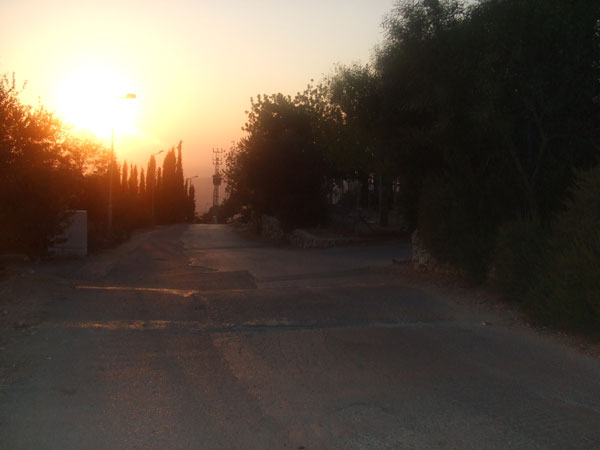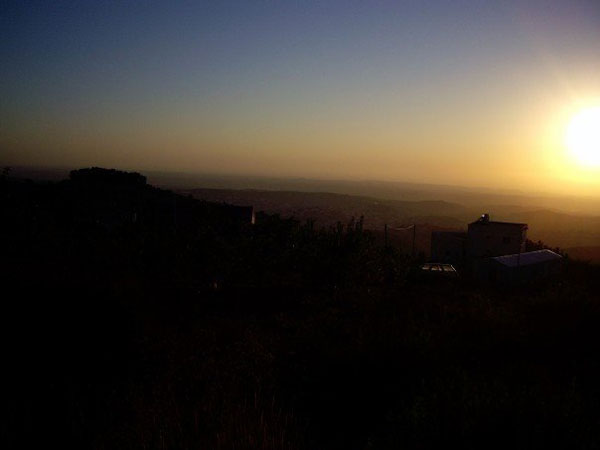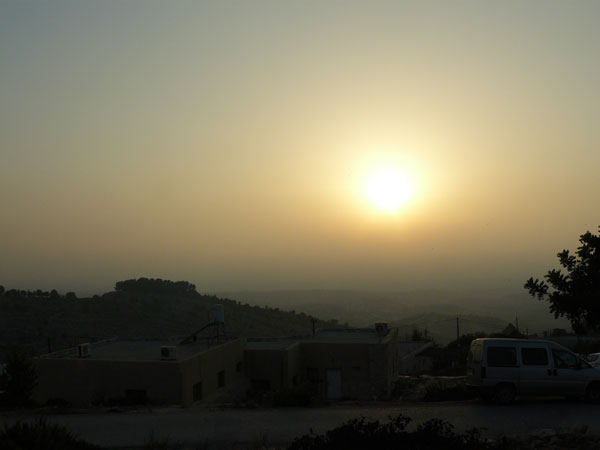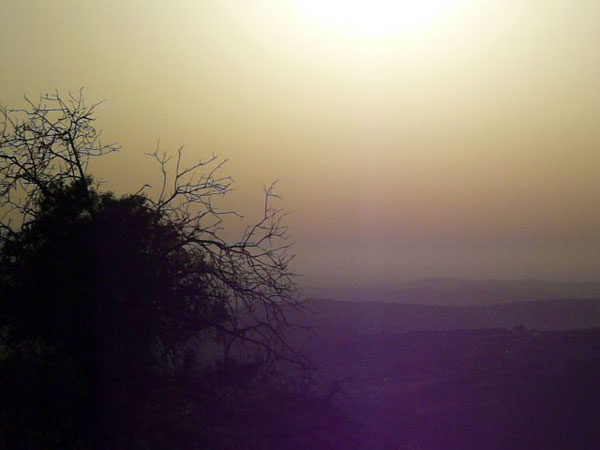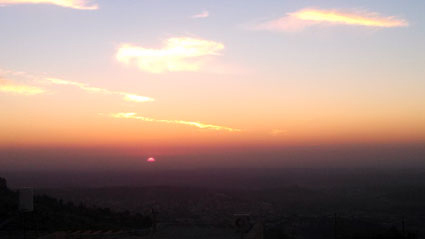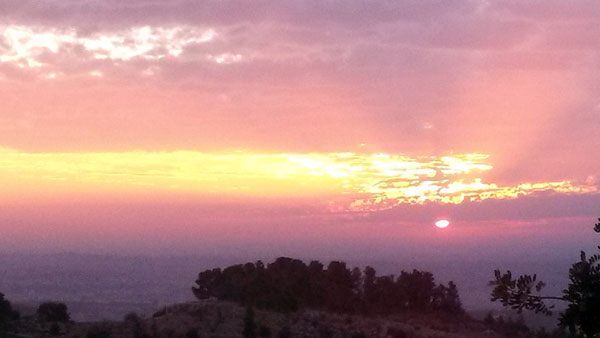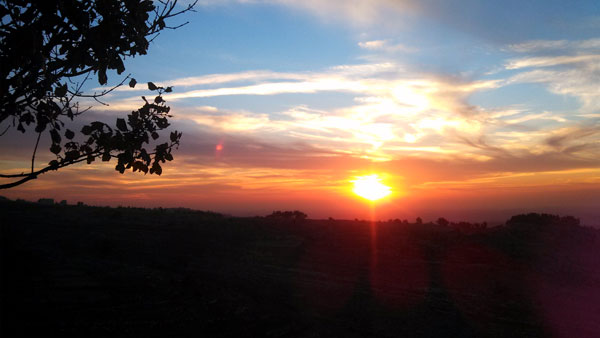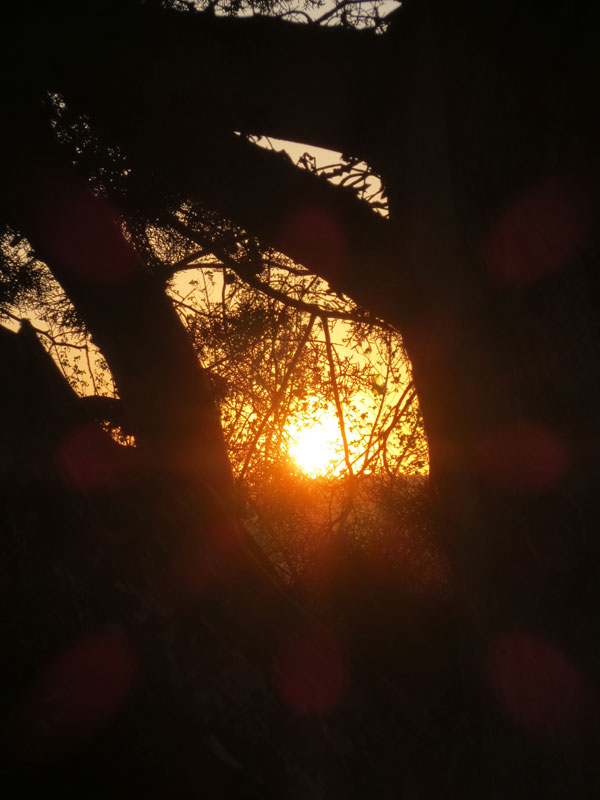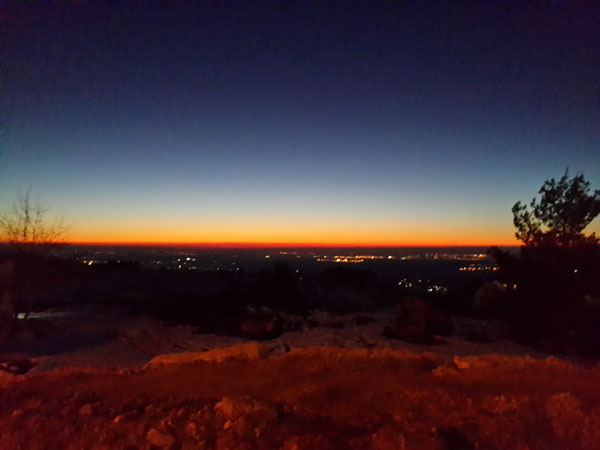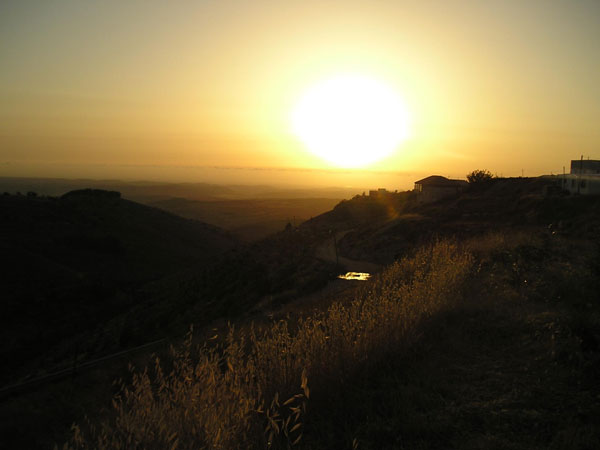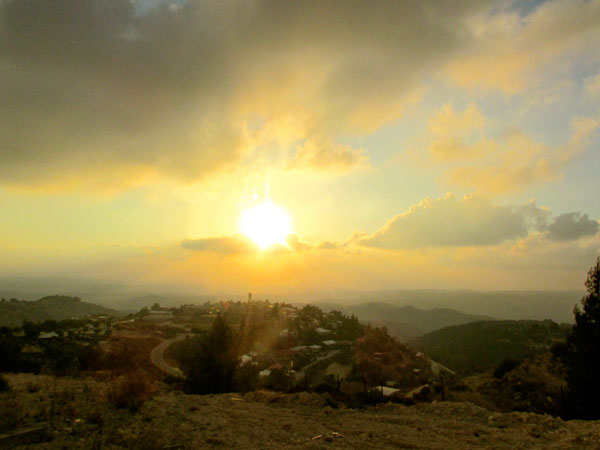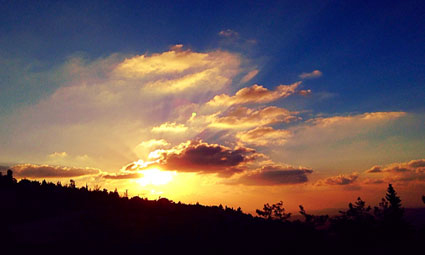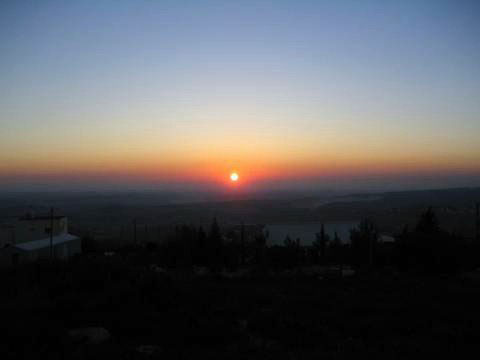The Land
Plant your personal Garden of Eden and live in harmony with the LandLive in the Mountains, Nourish Your Soul
The peaceful, rural setting of Bat Ayin, nestled in the Judean hills, with panoramic vistas and rugged mountain ridges, is an ideal atmosphere for exploring your spiritual roots and building a relationship with the Divine. The unique Bat Ayin community comprises scholars, artists and farmers, who warmly open their homes and hearts to the students of B’erot Bat Ayin.
A deep connection to the land of Israel is engendered through regular field trips to historic sites and time spent roaming our school’s picturesque natural surroundings. Rebbetzin Chana Bracha creates curricula that emphasize her holistic approach, environmental awareness and love of the land. Gardening and herbology is an integral part of the curriculum of Midreshet B’erot Bat Ayin.
The grounds of B’erot radiate a healthy living atmosphere and include an organic orchard, vegetable garden, greenhouse, composting pile and chicken coop. Gardening classes assist students to develop skills in growing vegetables, fruits and herbs in order to emphasize the importance of a healthy lifestyle and herbal healing practices. Students learn how to compost and rotate the summer and winter crops to facilitate optimal health of the soil and use of the land. In addition, students work in the garden and enjoy the fruits of their labors in the fresh organic produce that they harvest and eat!
The program includes a weekly herbal workshop which imbues students with the awareness of the inherent healing properties of plants growing right at their doorstep. Rebbetzin Chana Bracha is active in teaching by example through her own half an acre piece of land, which is replete with grapes, olives, pomegranate, fig, myrtle and various other fruit trees, herbs and vegetables. Students get first-hand experience as she demonstrates by example, the Torah of bal tashchit, (avoiding waste) Global consciousness and Ecology.
Sunset Over the Judean Hills
Rebbetzin Chana Bracha Siegelbaum
As I stand on the foot of the rugged mountains and let my gaze climb
the rocky hills I think about how much this land means to me.
I have traveled the world, climbed the alps of Switzerland, ridden on the
Skyline Drive in Virginia, and touched the stalagmites in its caverns.
My love for nature has been fostered since childhood.
I was practically born in a forest. Two ancient beech trees
graced my parent’s garden in Denmark. We used to climb the fence
that separated our backyard and the forest. At springtime we delighted
in the blanket of pure white anemones which covered the ground.
When I stand here looking at the Judean hills, I must admit that others may
not notice anything spectacular about the scenery which I face.
It’s grass is not as green as the Danish forests,
its mountains are not as marvelous as the Swiss Alps.
Yet, there is something else about this land which keeps me spellbound.
The blueness of the sky invokes a sincerity that I have never felt before.
The heavenly glow of the light is something, which I have never seen
in any other place.
As sunset is approaching this light draws me outside -outside of the shell
of my house, and almost outside of my self.
As I gaze at the reflection of the bright light on the golden mountain cliffs,
my whole being becomes one with the radiant atmosphere.
This is the land of our Fathers and Mothers.
Here, Avraham bought the holy soil as an abode for the souls
of those selected to carry on his mission.
Close by, Sarah’s tent was revived with the candlelight lasting from Shabbath
to Shabbath, the blessing of the Challah, and the cloud of glory as Rivkah
carried on her spiritual genetics.
Not far from my view, Yaacov had his prophetic dream. When the last angel
had climbed the ladder of heaven he exclaimed: “Surely the Eternal
is in this place; and I knew it not.” Now we know, because he has taught us how
fearful this place is, it being the house of G-d and the gate of heaven.
Here, Rachel’s soul bitterly weeps for her children in exile. But “there is hope
for your future says the L-rd, and your children shall come back again
to their own border.”
Yes, we have come back O Rachel, to the fields where you herded your flock,
to the well where you kissed your beloved. To bring comfort to the
ancient rocks of your tomb, to confide in you -our ageless mother.
We pour out our pain mingled with hope as we kiss the soft velvet draping
of your spirit.
Yes, we have returned to these barren hills who were yearning to yield
their crops to Your children. This is the time to plant and the time to build up.
The vineyards of the Judean mountains are bursting with ripe juicy grapes
longing to be gobbled up by freckled golden haired children
leisurely dangling their sunburned legs over the rosemary hedge.
These are the mountains that Moshe could see only from afar. His eyes
straining to take in the entire view as he bemoaned: “I should not come
unto that good land which the Eternal thy G-d gives you for an inheritance….
but you shall pass over, and possess that good land.”
We are passing over and possessing the good land as we walk
its length and breadth.
How the greatest among us throughout our past would have given, and
gave their entire life in order just to kiss this holy soil once. They
have rendered their blood to enable us to embrace the sacred ground
with our eager steps.
As I look at the sun setting over the sea-like ridges of the Judean hills,
I feel so privileged to be born in the era of return. I feel as
if the Bible is opening up to me, and I walk right on its pages.

Sunset Gallery
On the Land
Student Writing
Not all yeshivot are located in the center of town. Neither is the bustle of commercial activity the only way of life. Living in the countryside is far from retreating from the life of society. On the contrary, what can make a person feel more alive than living in close connection with Nature, in the Holy Land, learning Torah and cultivating the earth according to the laws which are dependent on the Land of Israel? Why do you think that most of our biblical heroes were shepherds? Could it be that perhaps living in close proximity with the land is the kind of lifestyle that is most conducive to getting in touch with G-d and emulating His ways?
Unfortunately, one of the consequences of our last and current galut (exile) is that the Jewish people as such has become estranged and out of touch with the true Jewish lifestyle in which we live in close relationship with Nature and experience our dependence on G-d through His life-giving rain, (in Hebrew geshem which also means material).
Jews in medieval Europe were forbidden to own land, forcing many to become moneylenders. Now that we are coming back to the land of Israel, it is time to shed this exile mentality. The hustle and bustle of electric appliances, the static of the radio, the humming of the computer, the blaring of the car engine all deafen our sensitivity to the quiet voice of the plants singing G-d’s praise. When we step into our garden we become enthralled with the magic of its silent beauty. While we bend down to touch the tender leaves we are overcome with the recognition of G-d’s grandeur. Our souls are enlivened by the song of Nature and we join the plants in their heavenly hymn. It is not simply a “coincidence” that G-d originally placed the first human beings in a garden.
“Hashiveinu Hashem V’nashuva, Chadesh Yamainu Kekedem – Return us Hashem and we will return, renew our days as beforehand!”

